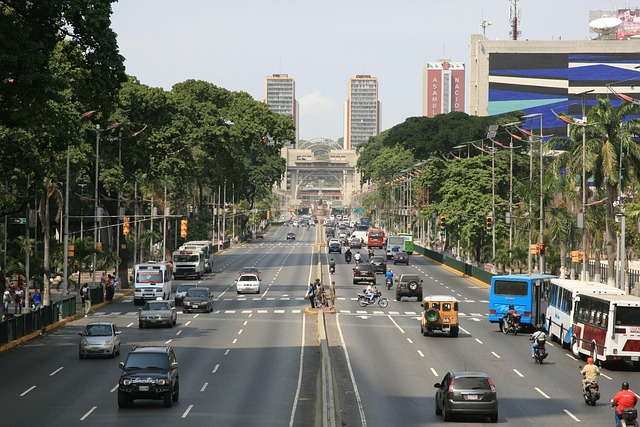 Let’s be honest — throughout history, it has often been a relatively small number of individuals who have influenced politics, innovation, and societal development. These have typically been driven, capable, or well-resourced people who, in various ways, have helped shape society.
Let’s be honest — throughout history, it has often been a relatively small number of individuals who have influenced politics, innovation, and societal development. These have typically been driven, capable, or well-resourced people who, in various ways, have helped shape society.
This was true during Sweden’s era as a great power in the 1600s, when the country was led by skilled military commanders, and again in the late 1800s, when industrialists and innovators laid the foundations of what would become a modern success story. The introduction of laissez-faire policies that ensured economic freedom and decades of strong growth can, in part, be credited to the efforts of a few influential figures — Baron Johan August Gripenstedt being one such example.
Some believe that the introduction of democracy, with equal and universal suffrage, eliminated much of this elite influence. Others argue that the elite simply stepped out of the public eye and continued to exert influence from behind the scenes.
During the 1990s, changes in the Swedish economy reduced some of the earlier effects of Social Democratic tax policy. The fall of the Soviet Union and the Eastern Bloc brought new liberal economic ideas to Sweden — a country that had long been relatively isolated and self-assured.
At that time, H&M’s CEO, Stefan Persson, actively pushed for the abolition of the wealth tax, even warning that the company might leave Sweden unless business conditions improved. Then-Prime Minister Göran Persson acknowledged this pressure, and Sweden soon became one of the most attractive countries in the world for high-net-worth individuals.
Today, Sweden has no inheritance or wealth tax. Additionally, there are specific legal structures — such as those involving agricultural estates — that can help wealthy individuals manage their tax obligations. Since the 1990s, the number of billionaires in Sweden has more than doubled.
Of course, the wealthy also have access to international financial planning options, like offshore accounts — just as they do in many other countries. But even without these, Sweden provides a very favourable domestic environment for wealth management, arguably much more so than for the middle or working classes.
This is not to suggest that the removal of inheritance and wealth taxes was necessarily wrong. The point is to highlight how powerful individuals can still influence policy outcomes. In this case, it was members of Sweden’s economic elite who pushed for these changes — often outside formal political processes. Their influence is still present today, and that is not a matter of conspiracy, but rather of how societies often function.
It is perhaps unsurprising. Wealth and influence have always been closely linked, whether in a democracy or not. A small number of industry leaders meeting privately with elected officials on an ordinary day may be enough to shift the direction of national policy. When major companies signal financial concerns or threaten to relocate, elected leaders often take notice.
Which brings us to a question: Why does today’s elite remain so quiet in the face of growing social challenges — rising crime, unrest, and even bombings?
Are they detached from reality, absorbed in comfortable lives in private villas, boardrooms, and universities? Are they at tennis tournaments in Båstad, sailing the archipelago, or attending film festivals in Cannes? Do they truly not see what is happening? The industrial foundation they once helped build is under threat, and the narrative of Sweden as a global success story may soon be at risk.
Why is the Swedish elite silent?
It’s a relevant question — and the answers might reveal something important about the current state of Swedish society.







